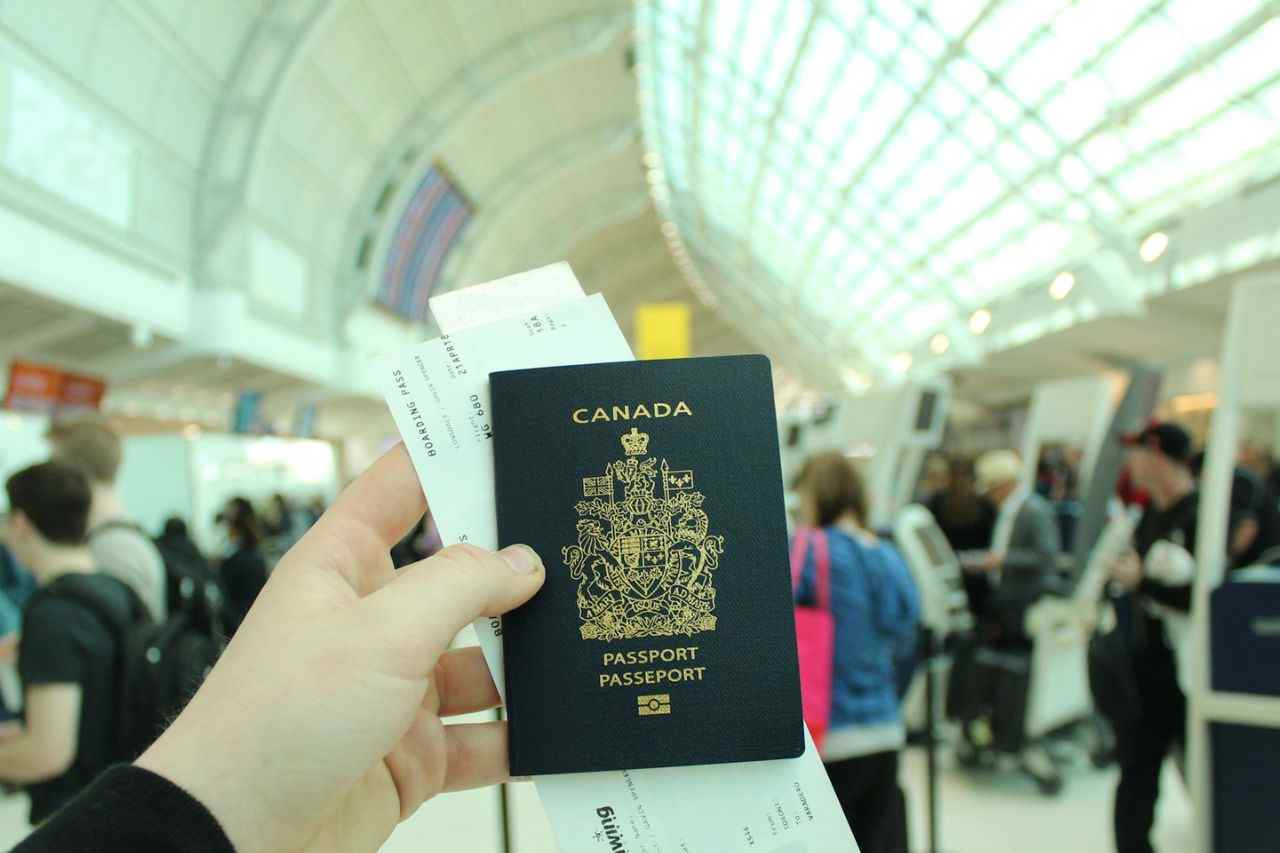In 2025, IRCC processing times 2025 is a critical topic for anyone applying to Canada, whether for visas, study permits, work permits or permanent residency. Recent shifts in government priorities, backlog reductions, and policy changes have all influenced how long applicants now wait. In this article, we explore the most current IRCC processing timelines, compare them to past benchmarks, analyze underlying causes of delays and improvements, and offer strategic tips to maximize your chances of faster processing.
Current IRCC Processing Times (2025) — What the Data Shows
Study Permits
As of September 2025, the processing times for study permits are:
-
Inside Canada: about 6 weeks (down from 12 weeks earlier in the year)
-
Nigeria: around 8 weeks (up from 5 weeks)
-
India: 4 weeks (previously 3 weeks)
-
United States: 10 weeks (up from 7 weeks)
-
Pakistan: 9 weeks (down from 11 weeks)
These numbers reflect improvements, especially for in-Canada applications, showing that IRCC is making progress in reducing backlogs. Earlier in 2025, study permits were averaging 45 days, meeting the 60-day service standard.
Work Permits
Processing times vary significantly between inside and outside Canada:
-
Inside Canada: about 190 days (slightly higher than earlier 182 days)
-
India: around 8 weeks (up from 7)
-
Nigeria: 22 weeks (up from 12)
-
United States: 3 weeks (a slight improvement)
-
Pakistan: 12 weeks (previously 5 weeks)
The official service standard is 120 days for in-Canada work permits and 60 days for outside applications, but many applicants are waiting longer.
Visitor & Super Visas
-
Visitor visa from outside Canada: Nigeria ~31 days (improved from 56 days earlier in the year)
-
Visitor visa from inside Canada: ~13 days
For Super Visas (parents and grandparents):
-
Nigeria: ~55 days
-
India: ~139 days
-
United States: ~89 days
-
Pakistan: ~112 days
The official service standard is 112 days.
Permanent Residency (PR) & Citizenship
-
Canadian Experience Class PR: ~4.7 months
-
Quebec Skilled Worker Program: ~6.9 months
-
Only about 56% of PR applications currently meet service standards.
-
Citizenship applications: around 9 months, within the 12-month standard.
Study permit extensions have also seen surges, rising from around 58 days in 2024 to 180 days in 2025.
Analysis: What’s Driving Changes in IRCC Processing Times
1. Backlog Reduction Efforts
IRCC has invested in clearing backlogs by hiring more staff, opening new processing centers, and prioritizing urgent cases. The reduction in study permit times suggests these efforts are paying off, but PR categories remain pressured.
2. Application Complexity
Delays are often caused by incomplete applications, missing documents, or additional verification steps such as police checks or medical exams. The more complete and accurate your file, the faster it can move forward.
3. New Policy Requirements
The introduction of the Provincial Attestation Letter (PAL) requirement in 2024 for study permits has added an additional administrative step. This can extend timelines, especially when provinces face bottlenecks in issuing the necessary letters.
4. Geographic Differences
Processing times differ widely depending on the applicant’s country and visa office. Some regions, such as Nigeria, experience much longer waits due to heavy caseloads and extra security checks.
5. Seasonal Surges
Academic intake cycles and work permit renewal seasons create predictable spikes in application volume, stretching resources and temporarily increasing wait times.
Practical Tips to Navigate IRCC Processing Delays
-
Submit a complete application — double-check all forms, fees, and supporting documents before submitting.
-
Apply early — especially for study permits, apply 3–4 months before your program begins.
-
Monitor your application — check IRCC’s online tracker regularly and respond quickly to any requests.
-
Include required PAL/TAL letters — for study permits, ensure you provide the correct provincial documentation.
-
Avoid last-minute changes — modifications like adding dependents or switching programs can delay processing.
-
Plan realistically — anticipate that work permit applications inside Canada may take longer than official standards.
-
Stay informed — IRCC updates its processing times monthly, so always consult the latest figures.
Will Times Improve Further?
The trend in 2025 suggests gradual improvement, particularly for study permits and some visitor visas. If IRCC continues to focus on backlog reduction, hires additional staff, and streamlines processes, more categories may return to meeting service standards.
However, high volumes in permanent residency applications and complex policy requirements mean PR timelines may remain inconsistent. Applicants should prepare for possible delays, plan ahead, and ensure their applications are complete and accurate to avoid unnecessary setbacks.
The landscape of IRCC processing times 2025 reflects both progress and persistent challenges. While study and visitor permits are showing improvements, work permits and PR applications continue to face delays. For applicants, success depends not only on patience but also on proactive preparation—submitting a complete, timely, and accurate application remains the best strategy to navigate Canada’s evolving immigration system.
